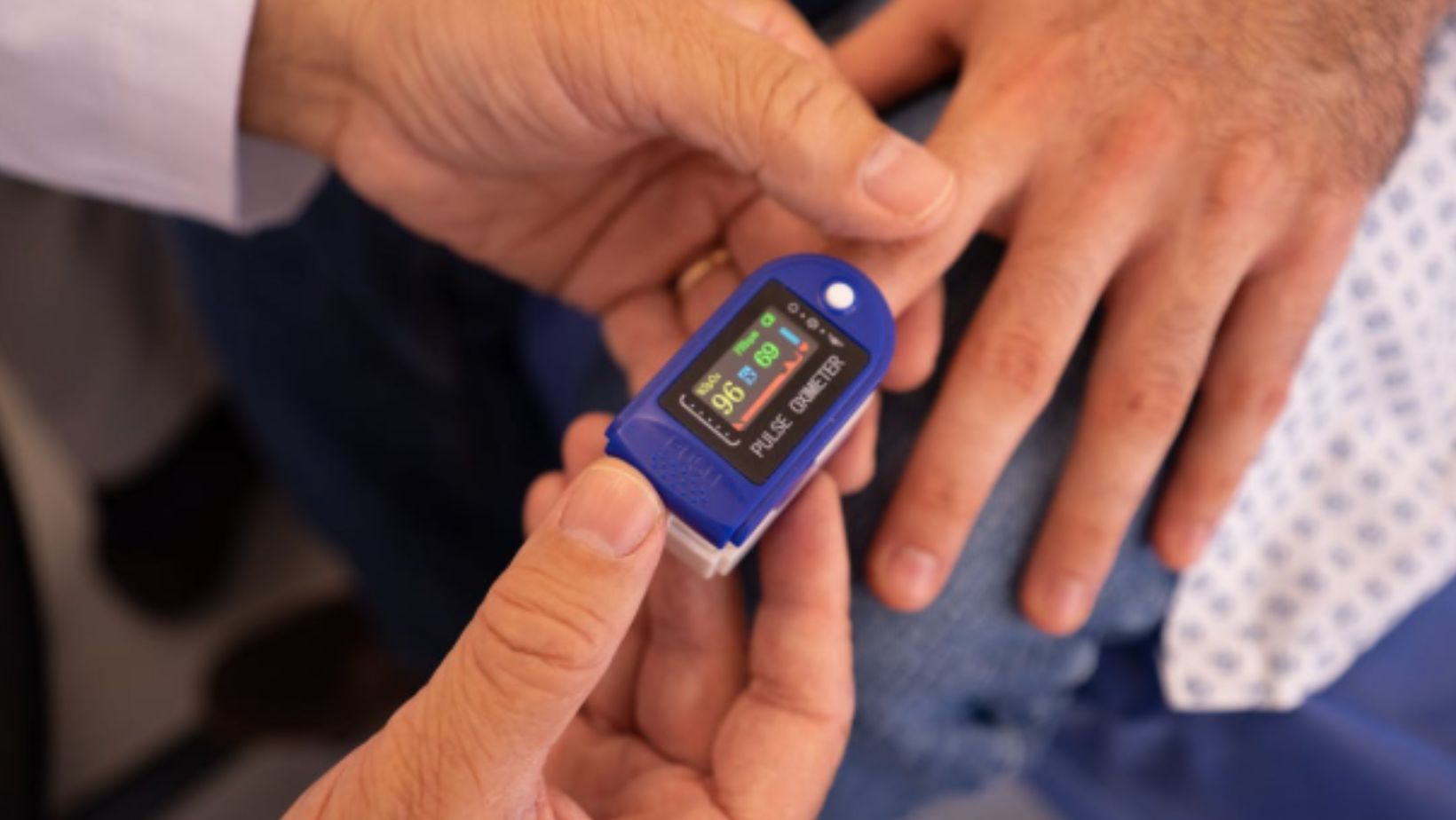When something feels wrong, people always go to the doctor. But by the time symptoms show up, a health condition may already be affecting your body in ways you didn’t notice. That’s where regular health assessments come in. They give you a clearer view of your health, even when you feel fine.
Health assessments are more than routine check-ups. This is one of the best ways to spot the early signs of chronic conditions such as high blood pressure, type 2 diabetes, or heart disease. These conditions can develop slowly and quietly, without any clear warning. Early checks help you find out what’s going on inside your body before it starts to interfere with your life.
What Is a Health Assessment?
A health assessment is a review of your general health, carried out by a GP or a trained health professional. It normally includes:
- A medical history review
- Blood pressure check
- Blood tests (e.g. for glucose, cholesterol, or liver function)
- Weight and BMI measurement
- Lifestyle questions about sleep, exercise, diet, and stress
Some may also include screening for mental health, or checks related to family history and personal risk factors. The aim is to spot small changes before they grow into larger problems.

Why Many Conditions Go Unnoticed
It’s easy to think you’re healthy if you’re not feeling unwell. But many long-term conditions don’t cause clear symptoms at first.
For example:
- High blood pressure often has no symptoms until it’s very high, yet it increases your risk of heart attacks and strokes.
- Type 2 diabetes can cause tiredness or thirst, but many people mistake it for stress or ageing.
- High cholesterol doesn’t cause pain or sickness, but it can block your arteries over time.
You may be living with these risks and not know it. This is why routine health assessments matter. They give you the facts, even when you feel okay.
What Tests Can Reveal
Modern health assessments can check for a wide range of risk factors and early signs. Here are some examples of what might be checked:
- Blood Pressure: High levels may show heart or kidney strain.
- Blood Sugar (HbA1c): Helps detect prediabetes or type 2 diabetes.
- Levels of Cholesterol: Heart disease risk is raised by high cholesterol. For more on how this is tested, visit the NHS cholesterol test guidance.
- Liver and Kidney Function: Spot problems early before they get worse.
- Body Mass Index (BMI): Used to assess weight-related health risks.
If any of your results fall outside the normal range, you may be asked to repeat a test or make some lifestyle changes. In some cases, early treatment may be recommended.

Common Conditions That Can Be Found Early
Many health problems can be picked up early through simple checks. These include:
- Type 2 diabetes
- High blood pressure (hypertension)
- High cholesterol
- Heart disease risk
- Chronic kidney disease
- Thyroid problems
- Anaemia
Finding these early gives you the chance to act, through diet, exercise, or medication changes, before the condition worsens.
According to the WHO cardiovascular risk facts, the leading cause of death around the world is cardiovascular diseases. Many of these cases are linked to untreated high blood pressure, cholesterol, or other preventable risks. Regular health assessments can help reduce this by spotting those risks early.
Why Early Detection Matters
Catching a condition early can make a big difference in how it is managed. Here’s how:
- Better outcomes: When treatment starts early, it is often more effective.
- Fewer complications: Keeping a condition under control reduces damage to the heart, kidneys, and other organs.
- Lifestyle changes work better: Small changes to diet and activity can reverse early signs of disease.
- Peace of mind: Knowing your health status helps reduce worry and stress.
- Lower long-term costs: Preventing illness can reduce the need for expensive treatments or hospital stays later on.

Making Health Assessments Part of Your Routine
In the UK, free NHS Health Checks are offered to people aged 40 to 74 every five years. These include many of the tests mentioned above. If you haven’t been invited yet but think you may be due, it’s worth asking your GP surgery.
Private service providers like Vista Health also offer full health assessments that include blood tests, heart health checks, and same-day results in some cases. These are useful if you want a full overview of your health without waiting for an NHS check.
Keeping track of your health with regular assessments helps you build a clear record of your results over time. This can help spot trends and changes before they become problems.
Final Thoughts
A health assessment is a simple way to get ahead of problems you might not know you have. It gives you a chance to catch things early, act sooner, and feel more confident about your long-term health.
Don’t wait for symptoms to show up. Ask your GP or book a health assessment today. It’s a smart step towards protecting your future.
